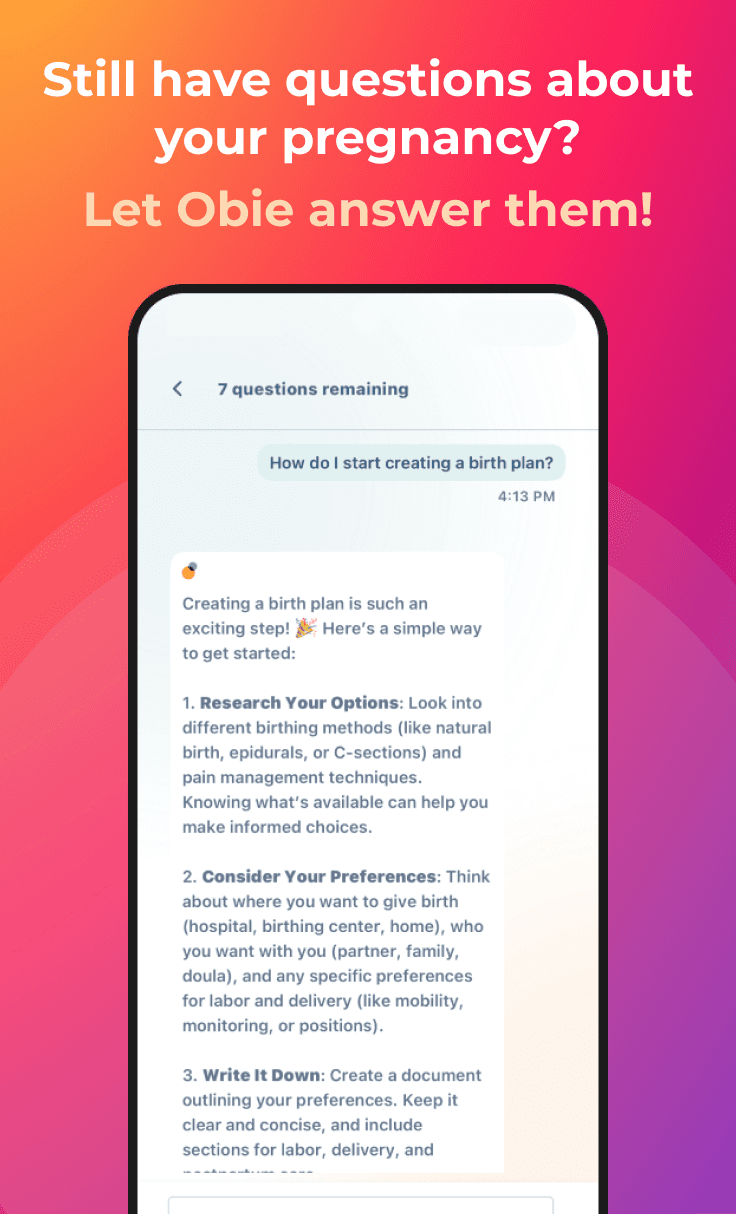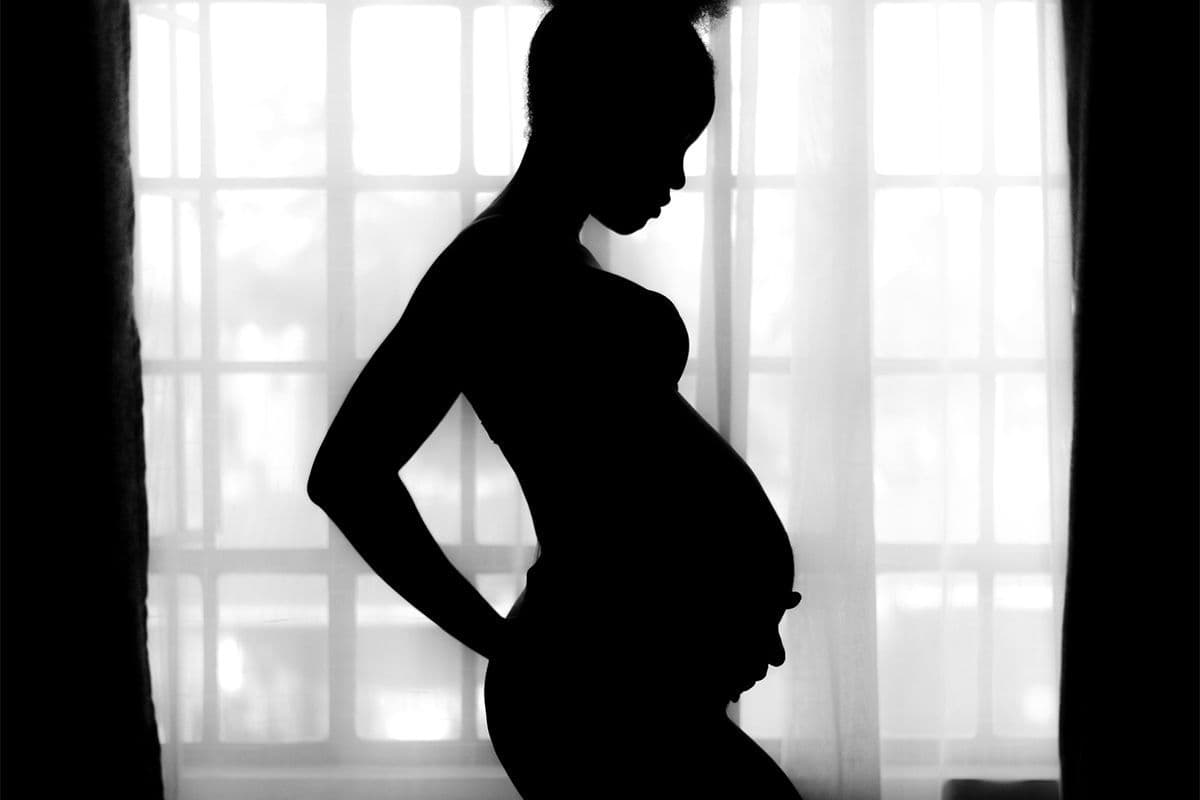Pregnancy Guide For Women 35 and Older
Pregnancy
Obie Editorial Team

Doctors use a woman's age of 35 and older as one of the key points in determining whether or not she will need advanced medical care during pregnancy due to a potential increase in pregnancy risk. Most women over the age of 35 do not have complicated pregnancies, but doctors remain on high alert throughout the pregnancy, just in case. The key to a healthy pregnancy at any age starts with learning all you can about prenatal and pregnancy care — from preconception to postpartum. Here's how to get started!
Pregnancy at 35 and over
Pregnancy Basics
Today, women over age 35 years are a growing demographic in the birth rate. However, due to increased pregnancy complications, the mom is considered to be of advanced maternal age. There are certain biological changes that make pregnancy at 35+ a little trickier. It's often more difficult to get pregnant as you get older, and it may take you longer to get pregnant. In addition, once you get pregnant, there is an increased risk of pregnancy complications such as more miscarriages, more premature births, and increased medical complications, such as high blood pressure and diabetes.
]
What are some health risks with advanced maternal age?
As women age, they are more likely to suffer from diseases and conditions associated with aging, such as miscarriage, diabetes, high blood pressure, and arthritis. Some of these conditions and the age of the body, in general, may increase the risk of gestational diabetes, pregnancy-induced hypertension, and premature labor.
Is there an increased risk of having fraternal twins?
With advanced maternal age comes an increased chance of fraternal twin pregnancy. In addition to age, the number of pregnancies also comes into play. For example, if a woman over 35 becomes pregnant and has had four pregnancies prior to the current pregnancy, she is three times more likely to conceive fraternal twins.
Birth Rates at Their Lowest in 32 Years!
Can preterm birth be a possibility?
Several studies have shown a relationship between preterm birth (PTB) and advanced maternal age. In a large retrospective, Canadian study women over 40 years of age had increased risk factors for PTB such as chronic hypertension, use of assisted reproductive technology (ART), pre-gestational and gestational diabetes, invasive procedures during pregnancy, and placenta previa. Their risk of PTB was 20 percent higher when compared to those aged 30-34 years.
Does invasive testing such as amniocentesis or chorionic villus sampling (CVS) increase the risk of miscarriage?
The two most common invasive tests for women of advanced maternal age are CVS and amniocentesis. The risk of complications from these tests is less than one percent. The tests are often done as a follow up when a cell-free DNA blood test is abnormal.
Over the last decade, both amniocentesis and CVS have been mostly replaced as diagnostic screening tests by so-called "noninvasive tests" that can provide information on risks of the fetus having certain chromosomal conditions. If the cell-free DNA test is abnormal, then a diagnostic test such as amniocentesis or CVS is recommended.
- Cell-free DNA, a simple a blood test done as early as 10 weeks
- Nuchal translucency screening: a test done between 11 and 15 weeks that includes both a sonogram and a blood test. The blood test checks for levels of two substances: pregnancy-associated plasma protein-A (PAPP-A) and human chorionic gonadotropin. A special ultrasound, called a nuchal translucency screening, measures your baby's fluid at the back of your baby's neck, the neck's thickness.
Will my baby be at an increased risk of Down syndrome?
One of the most notable pregnancy risks for women of advanced maternal age is Down syndrome. Down syndrome is a chromosomal defect thought to be associated with aging eggs. By the age of 40, about one in 100 women are at risk of having an infant with down syndrome. Past the age of 40, the risk of down syndrome increases exponentially. By the advanced maternal age of 49, about one in 12 women are at risk. Doctors will often recommend the cell-free DNA test as an initial screening tests, and then recommend an amniocentesis or chorionic villus sampling (CVS) as a diagnostic test to determine the risk of Down syndrome in the fetus.

















